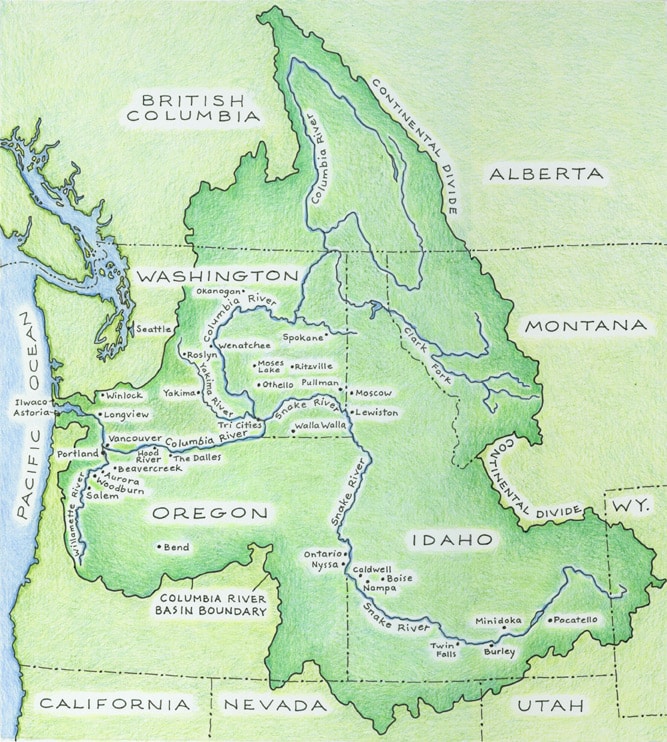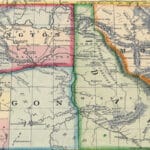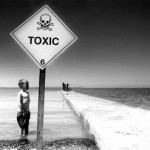Our History
1969 to Today
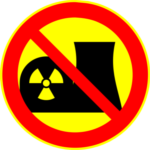
1969 - 1987
Stopping Nuclear Power
First formed to stop the operation of the now-shuttered Trojan Nuclear Power Plant in Rainer, Oregon, NWEA was a formal party in numerous licensing proceedings for safety at Trojan and a number of nuclear power plants in Washington where construction was halted. After the 1986 Chernobyl nuclear disaster, NWEA brought about the closure of the N-Reactor at Hanford.
1988 - NOW
Protecting the Columbia River
By issuing the first-ever report on water quality of the Columbia River, NWEA brought regional attention to this long-ignored waterbody. This led to the creation of a $2.4 million bi-state study, co-chaired by NWEA’s Executive Director. NWEA also worked to stop a proposed dioxin-emitting pulp mill and published a highly acclaimed environmental map of the Columbia River basin. We went on to challenge the Army Corps of Engineers’ plan to deepen the shipping channel of the Lower Columbia River and place precious sand into the ocean.
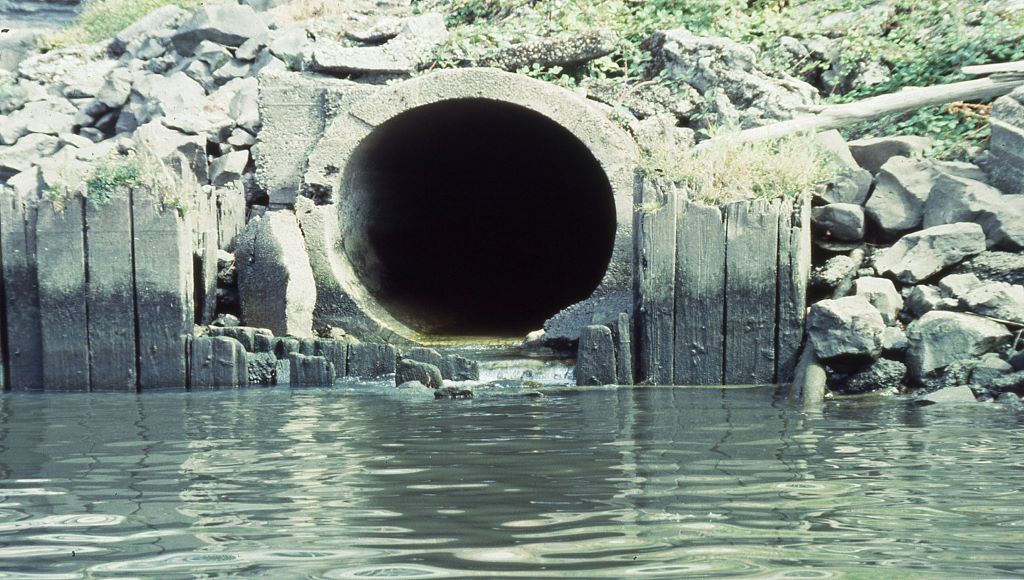
1991 - 1996
Cleaning up the Willamette River & Columbia Slough
In the 90s, NWEA sued the City of Portland to stop the discharge of raw sewage to the Willamette River and Columbia Slough. We also launched a popular boat-based educational program called RiverWatch that took the public on river tours. NWEA’s multi-lingual signs and brochures warned of the dangers of eating fish contaminated with toxins from this area, addressing environmental justice issues. Threatening litigation, NWEA forced the clean-up of contaminated sediments in the Columbia Slough.
1991 - NOW
Making Clean Water Programs Work in Oregon, Washington, and Idaho
NWEA began enforcing the Clean Water Act against government agencies, starting with a lawsuit against the U.S. EPA for failing to clean up polluted waterbodies in Washington in 1991. In the innumerable lawsuits that have followed, NWEA has focused on states’ failures to issue protective water quality standards, clean-up plans for polluted waters, lists of polluted waters, and pollution discharge permits. NWEA has also sued to force Oregon and Washington to protect water quality from polluted runoff from logging and farming.
1993 - NOW
Helping Citizens Act
In 1993, NWEA organized the Ancient Forest Rally & Celebration of 75,000 people in Portland to give citizens an opportunity to tell then-President Clinton to save old-growth forests. From stopping sewage sludge spraying in Roseburg (OR) and herbicide spraying in Fairview Lake (OR) to forcing the clean-up of sewage discharges from Medford (OR), NWEA has offered help to citizens stymied by government agencies that refuse to comply with environmental laws.

1995 - 2001
Climate Change, Clean Energy, and Clean Air
As the Northwest turned away from nuclear power, NWEA increased its focus on climate change and promotion of renewable resources. In 1995, NWEA led the development of first-ever carbon dioxide standards for new fossil fuel plants built in Oregon and the creation of the Oregon Climate Trust. Working with electric utilities, NWEA helped utilities establish programs to allow their customers to choose renewable energy as their power source. And NWEA sued to close the Centralia Coal Plant, the largest single source of sulfur dioxide west of the Mississippi.
1999 - 2018
Protecting the Nation’s Waters from Invasive Species
Starting with a petition to the U.S. Environmental Protection Agency in 1999, NWEA successfully fought numerous battles in courts across the country to force the EPA to effectively regulate the discharge of invasive species in ship ballast water. NWEA worked with national groups to protect these wins from Congressional attacks. In spite of those efforts, Congress passed legislation in 2018 overturning our hard-fought victory.
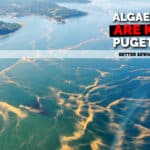
2016 - NOW
Restoring Water Quality
of Puget Sound
Seeking to save the salmon and orcas of Puget Sound, NWEA is leading efforts to control the discharge of toxic and nutrient pollution from sewage treatment plants. Combating agency inaction in the face of numerous studies showing the decline of Puget Sound, NWEA submitted regulatory petitions and filed lawsuits to force agency compliance with state and federal laws, such as the Clean Water Act.

